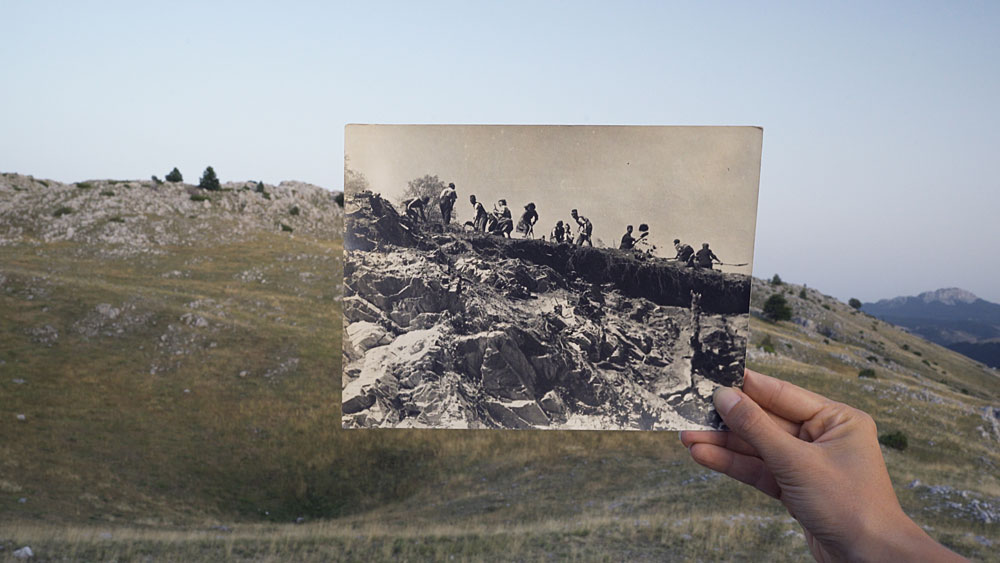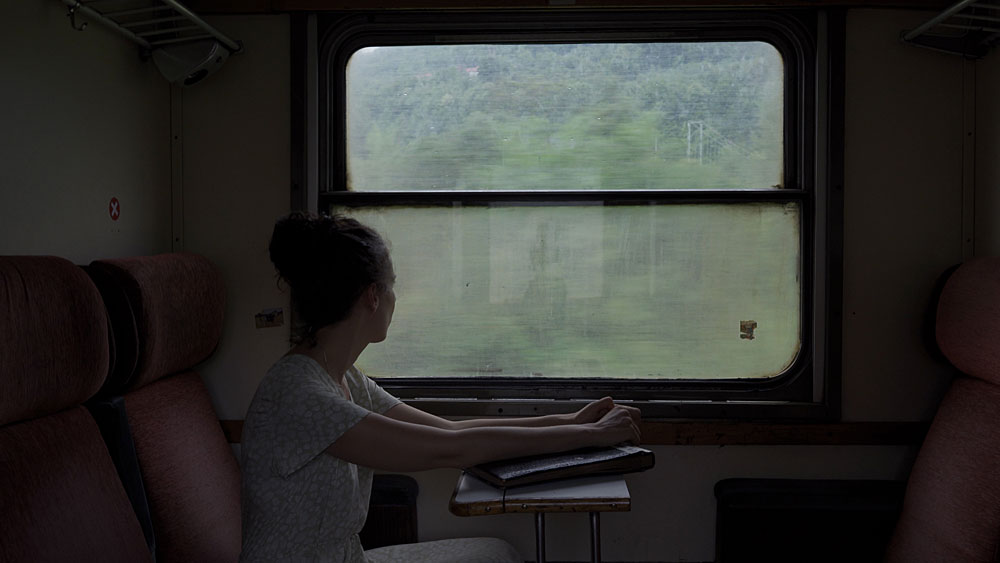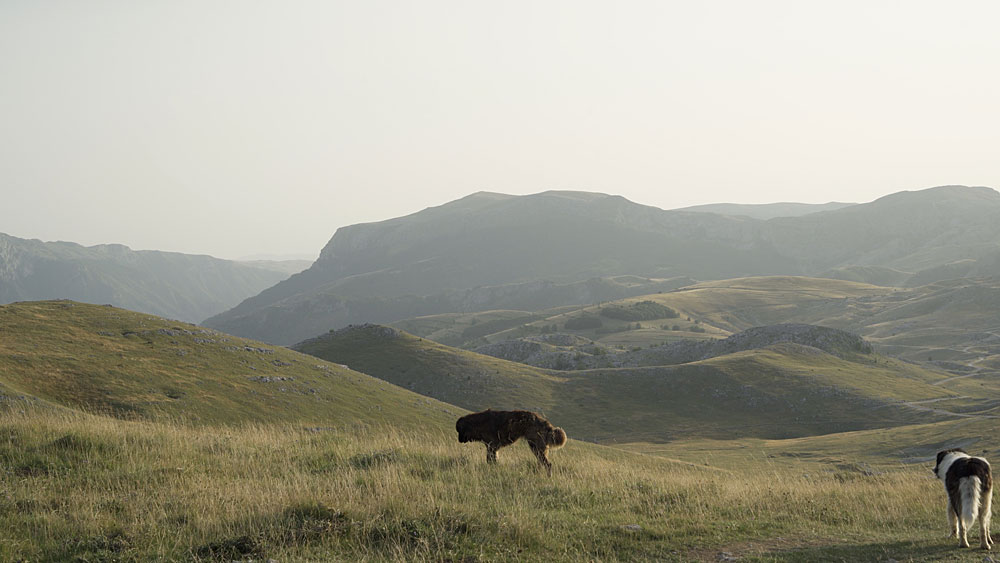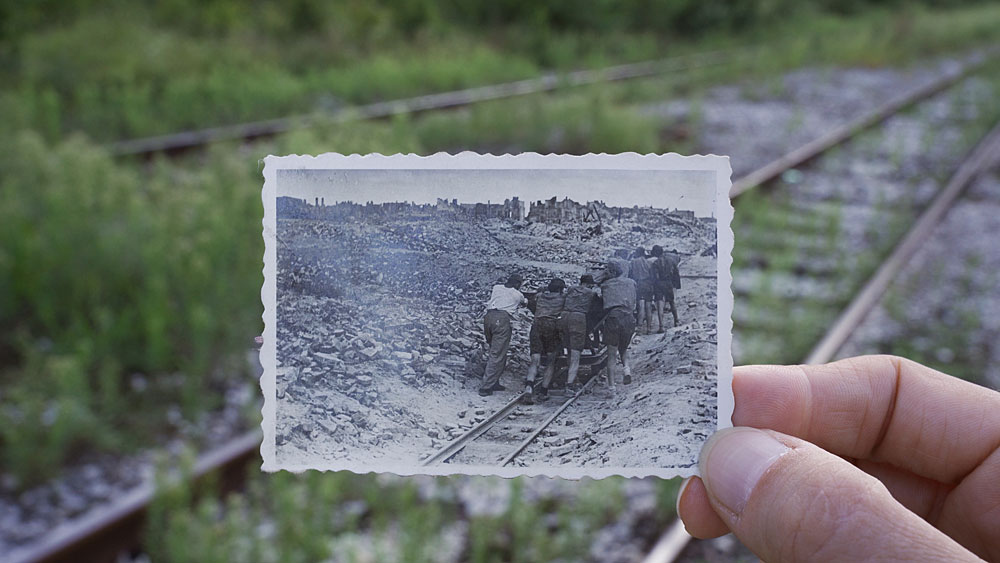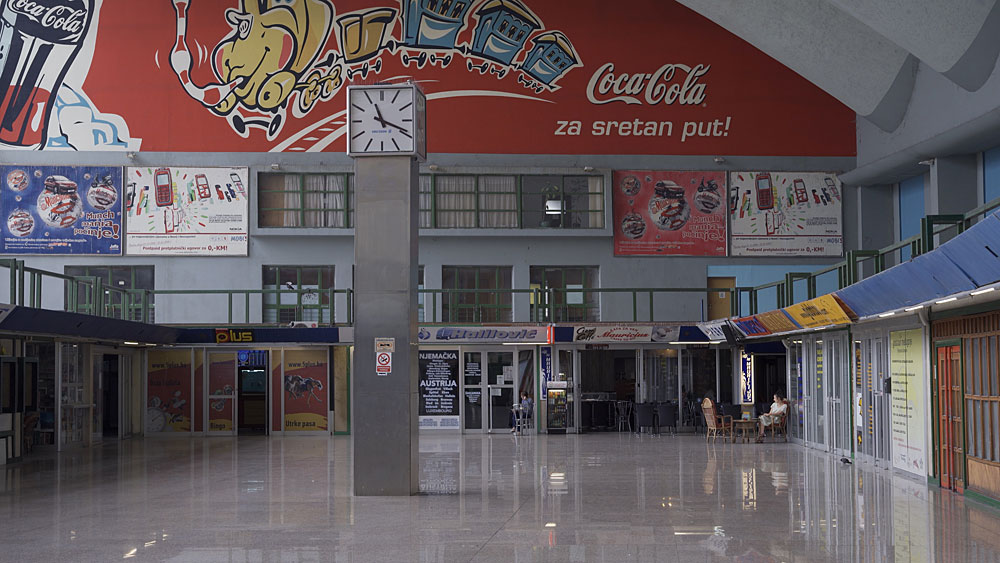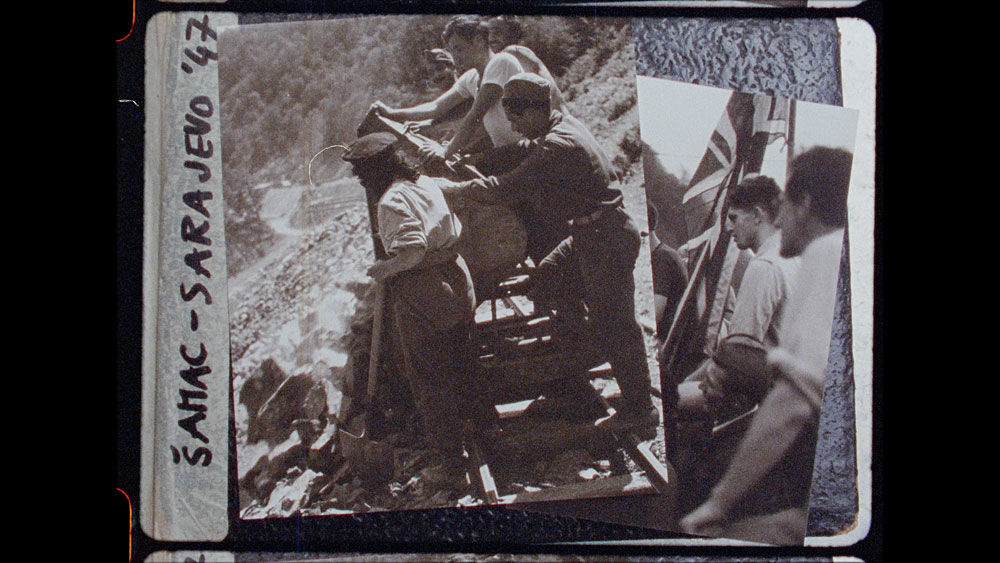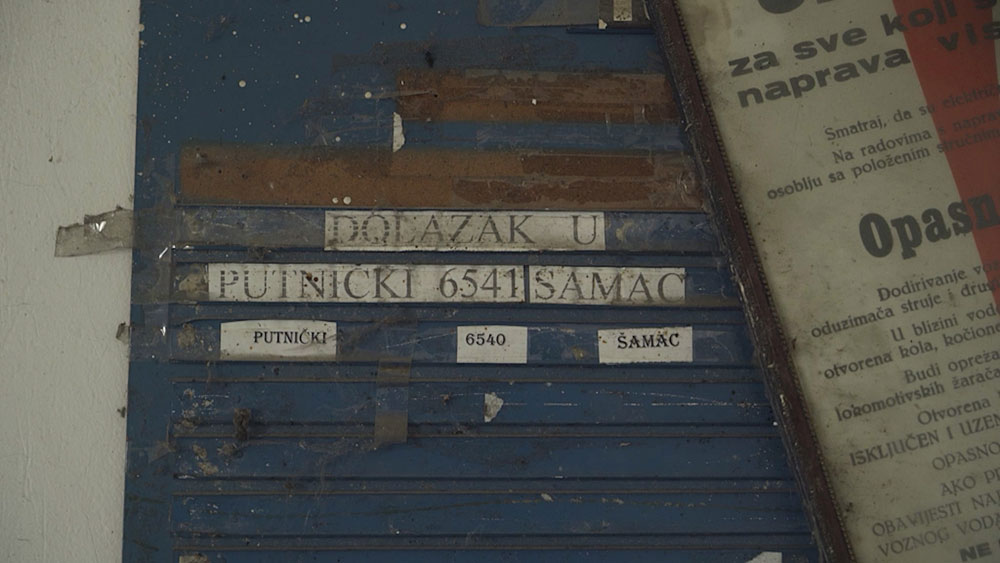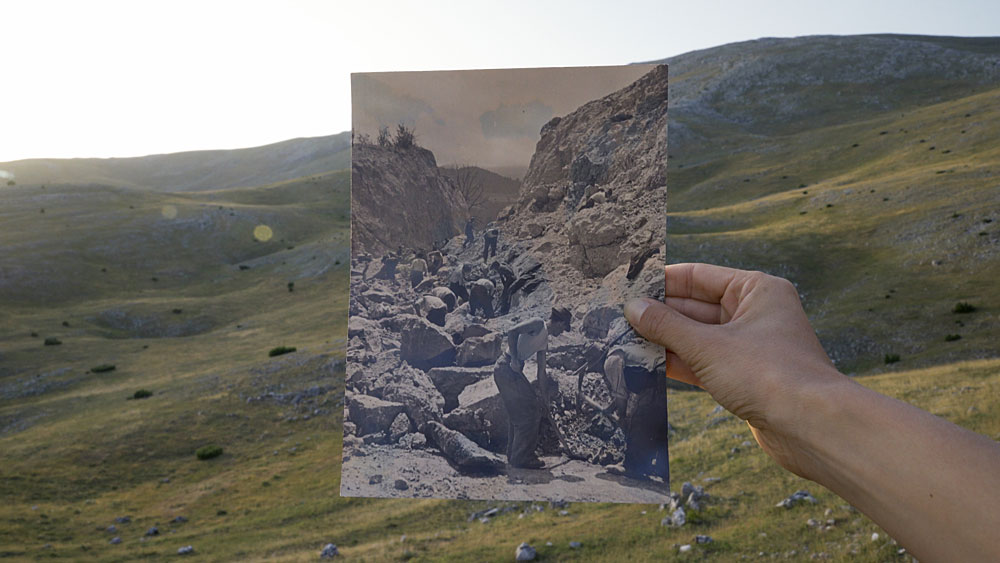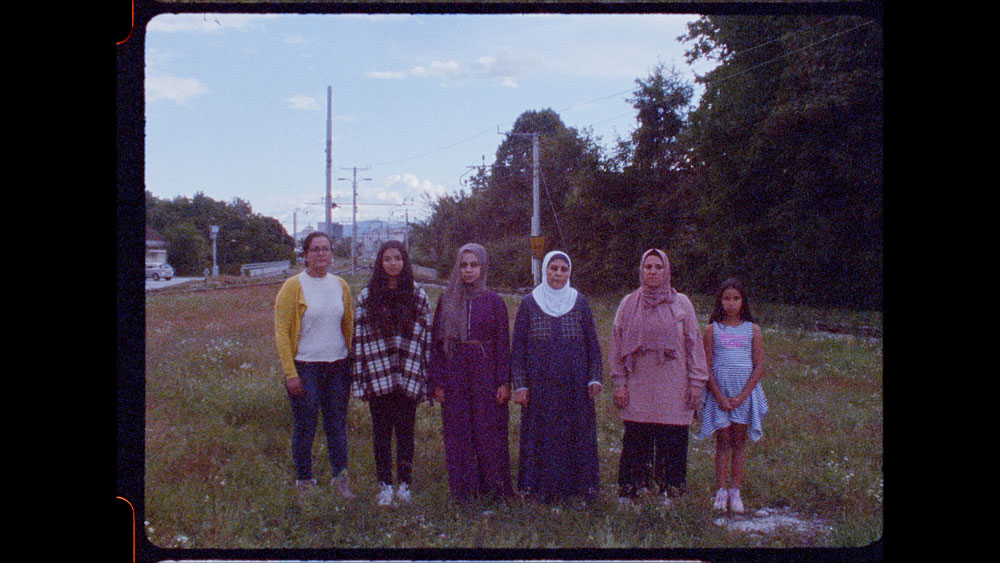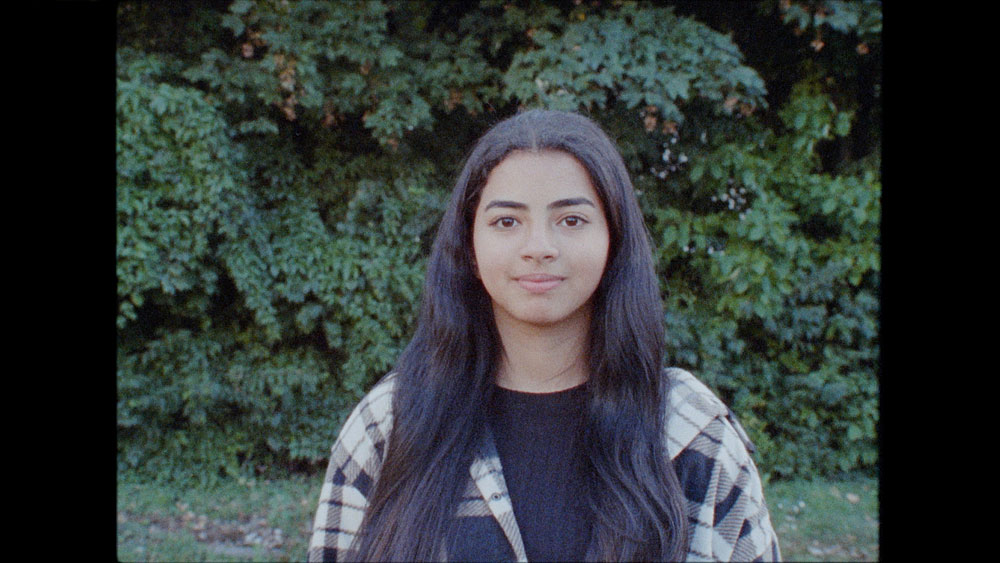Youth work actions were an inseparable part of socialist Yugoslavia. Through voluntary work, thousands of young brigadiers, both men and women, have contributed towards developing the country and the realisation of key infrastructure projects such as motorways, railways, bridges, tunnels, factories, residential buildings, schools, hospitals, and parks. One of these projects was the Šamac–Sarajevo railway, built in 1947 in a mere seven months. Young people from Yugoslavia were joined by a number of brigadiers from Italy, Great Britain, Greece, France, Denmark, Sweden, Palestine, and so on.
During the war in the nineties, the railway was damaged. The later Dayton Agreement cut it in two while its vital parts were privatised. The last train on the Šamac–Sarajevo line pulled out in 2011. Today, the rails are often used by people on their way to a better future.
Newsreel 242 – Sunny Railways Obzornik 242 – Sunčane pruge
Photos
What's On
Fiume o morte! Fiume o morte!
Igor Bezinović
Thursday, 05. 03. 2026 / 19:45 / Small Hall
On 12 September 1919, a troop of some three hundred soldiers under the leadership of the flamboyant war-loving Italian poet Gabriele D’Annunzio swooped into the Northern-Adriatic port town of Fiume, now Rijeka, wanting to annex the city to Italy. Over the course of the next 16 months, during what is regarded as one of the most bizarre militant sieges of all time his official photography team captured over 10,000 images. A century later, Igor Bezinović orchestrates a direct-action history lesson focused on the siege and its modern-day implications.
The Secret Agent O agente secreto
Kleber Mendonça Filho
Friday, 06. 03. 2026 / 15:40 / Main Hall
Kleber Mendonça Filho (Aquarius) vividly conjures the colours, smells and sounds of 1970s Brazil – a time “when the walls had ears and any movement could be suspicious”. The Secret Agent is an unpredictable and witty political thriller, but above all, a loving portrait of a place and its people. Winner of Best Director and Best Actor at Cannes, as well as Best Actor (Drama) and Best Non-English Language Film at the Golden Globe Awards.
